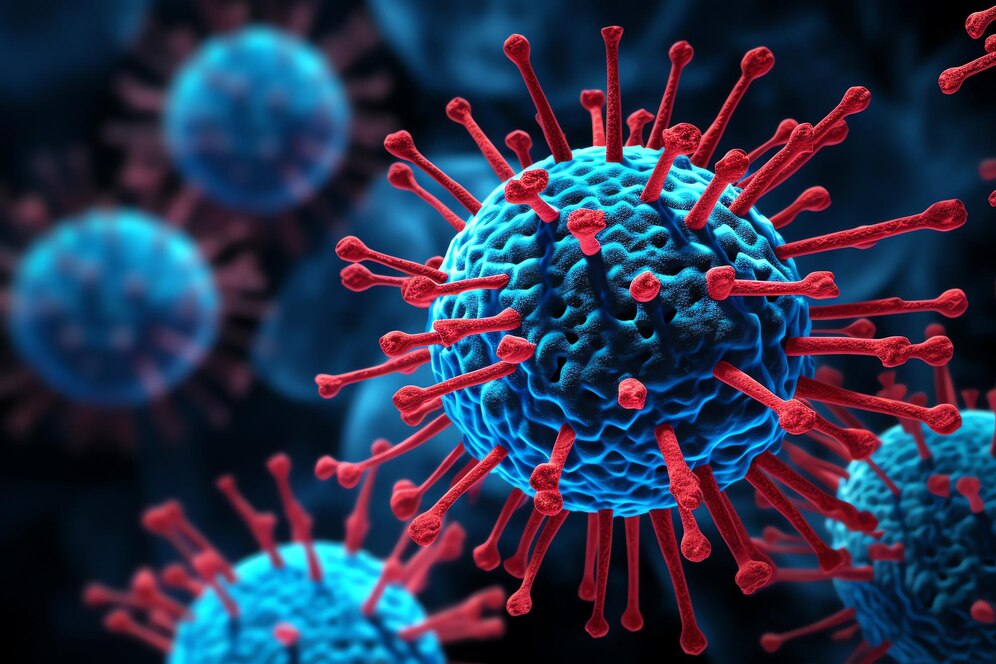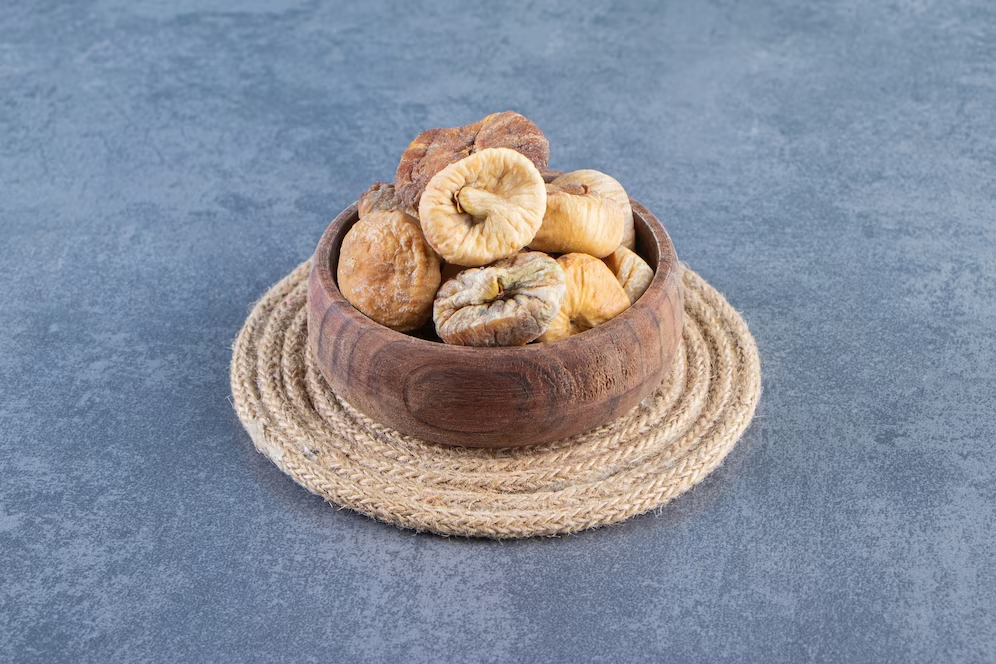These days people have been alerted about the increasing cases of malaria in some states of South America. In the past two months, at least five people in the United States (four in Florida and one in Texas) have been infected with malaria, reports the Centers for Disease Control and Prevention (CDC). These are the first known cases of malaria reported locally in the country since 2003. Malaria was once considered endemic in the Americas, although once again these confirmed cases have raised concerns among health experts.

According to medical reports, the new cases of malaria were caused by the Plasmodium vivax parasite, which does not cause severe disease compared to other species. Health experts have alerted all the people and advised them to continue taking special precautions.
Why does the hue and cry over only five matter?
Now the question is that malaria cases are so common in India, then why so much concern after five cases have been reported in America? This is largely because the United States eradicated malaria two decades ago. C.D.C. Before the COVID-19 pandemic, there were about 2,000 cases of malaria reported each year in the United States, almost all of which were from people who contracted the disease abroad, according to the CDC.
However, this time all these five cases are locally spread and there is no travel history of the patients.

Mosquito-borne diseases increase in monsoon in India
On the other hand, if we talk about India, the cases of malaria are more common here. In the year 2022, more than 45 thousand malaria cases were reported in India, while in 2021, the disease was confirmed in about 1.6 people. Malaria is mainly a disease caused by parasites. This parasite is transmitted to humans through the bite of infected mosquitoes. People who have malaria usually feel a high fever and chills.
Malaria parasites thrive in warm, humid, and wet climates, which is why India is at a higher risk during the monsoon season.
Symptoms and Risks of Malaria
Malaria is characterized by fever with chills, malaise, headache, vomiting and diarrhea, abdominal pain, muscle or joint pain, and fatigue. Health experts say that since the monsoon season has started in India, malaria outbreaks are more in the rainy season. Waterlogged and damp places provide a suitable breeding environment for mosquitoes. That's why all people need to keep taking preventive measures against mosquitoes.
Preventive measures will also help keep you safe from other mosquito-borne diseases such as dengue and chikungunya.

What is the advice of experts?
CDC experts say it's important to keep taking preventive measures against mosquitoes. For this, don't allow water-logging, spray medicine at mosquito-prone places. Wear long and full sleeve clothes that cover the body. Reduce the use of coils to drive away mosquitoes, it can cause damage. It is considered a safer solution to apply mosquito nets while sleeping at night.
(PC: Freepik)










